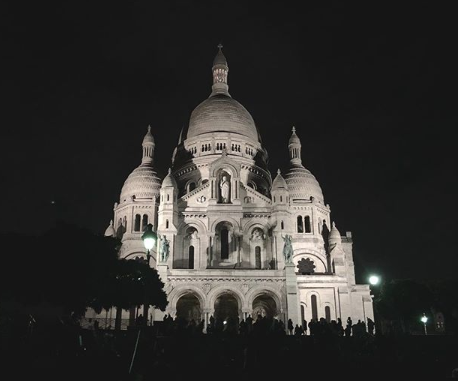
Montmartre is the name of a big hill, around 430 feet/130 meters high, located in the 18th arrondissement of Paris, France. A section of the Right Bank in the northern part of Paris, the hill offers its name to the nearby district. The area was established as a district in 1995 by the City of Paris. Spread across 150 acres, the historic district shares borders with boulevard de Rochechouart and boulevard de Clichy towards the south, rue de Clignancourt to the east, and rue Custine and rue Caulaincourt towards the north.
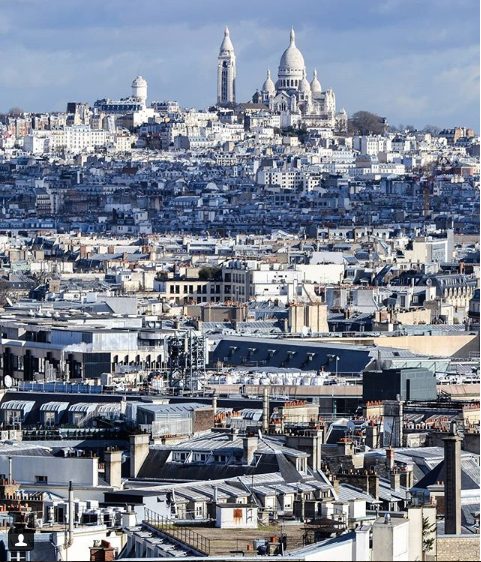
Montmartre is mainly famous for the Basilica of the Sacré-Cœur located at the top of the hill, its artistic past, the marvelous bohemian architecture, great eateries, and its nightlife. Its name is derived from Latin word ‘Mons Martis’ meaning ‘mount of Mars’.
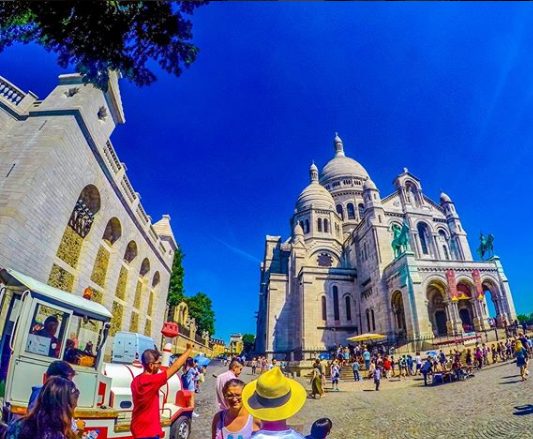
At the time of the Belle Époque, towards the latter half of the 19th century and the starting of the 20th century, several well-known artists and painters had set up studious or plied their trade in and around Montmartre, such as Vincent van Gogh, Amedeo Modigliani, Pablo Picasso, Claude Monet, Henri de Toulouse-Lautrec, Pierre-Auguste Renoir, Camille Pissarro, Suzanne Valadon, Edgar Degas, and Piet Mondrian. Several hit films have also been shot at Montmartre.
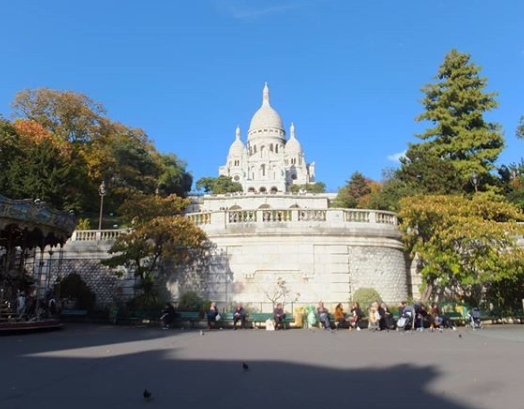
Top attractions at Montmartre Paris
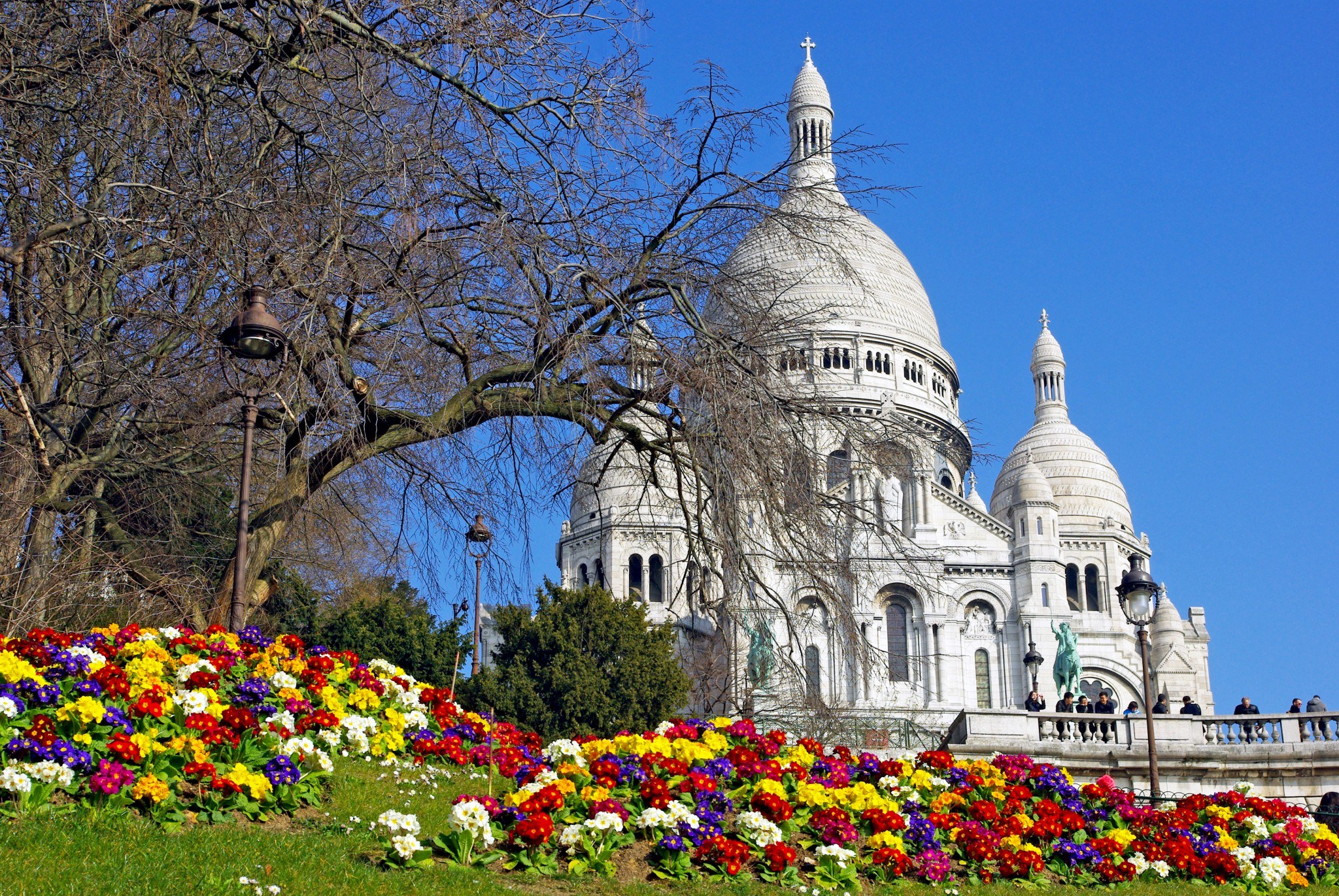
Listed below are some of the most famous tourist attractions in Montmartre:
-
The Basilica of the Sacré-Cœur
The Basilica of the Sacré-Cœur is a church with a white dome located at the top of the hill and towering over the area. It is located next to the Abbesses metro station and is one of the most popular attractions in not just Paris, but in the entire country. The church is full of vital French history and is a marvelous work of architecture. It is regarded as a sign of the 1871 defeat of France and a structure honoring the nearly 60, 000 who lost their lives. Mass is also held at the church.
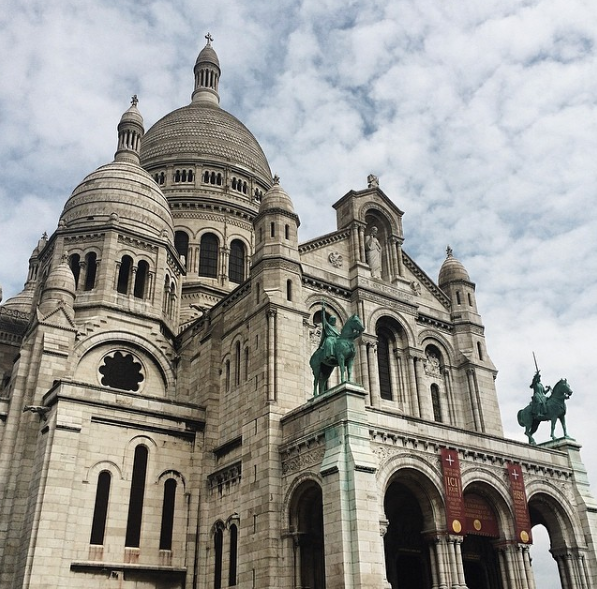
-
Saint Pierre de Montmartre
This is the other lesser known church at Montmartre, but it is also steeped in history and religious significance. It used to be the church of the exalted Montmartre Abbey and was constructed in 1147. On 15th August 1534, Saint Francis Xavier, Saint Ignatius of Loyola, and 5 others took vows and bound themselves in the Martyrium of Saint Denis. This is considered to be the starting point of the Jesuits.
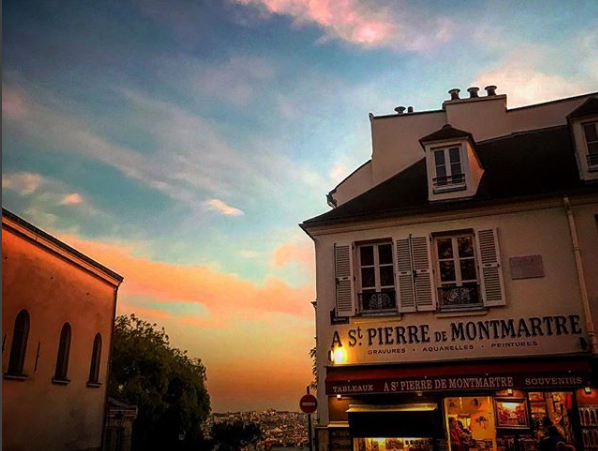
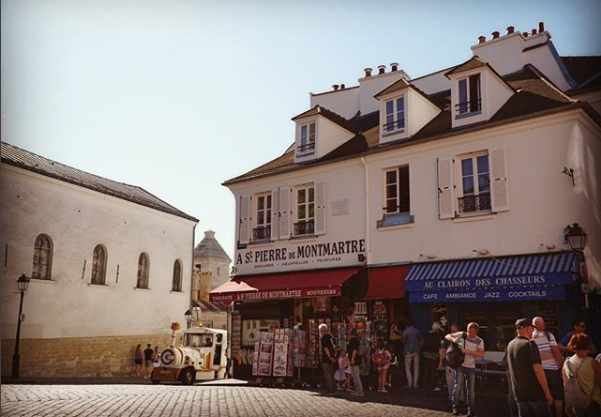
-
The Moulin Rouge
Referred to as a cabaret, the Moulin Rouge was constructed and launched in 1889. It is therefore known as the birthplace of the seductive cabaret ‘can-can’ dance that later transformed into an entertainment form. The ambiance and antiquity of the place as an entertainment arena are still evident and hence it is a popular tourist hot spot.
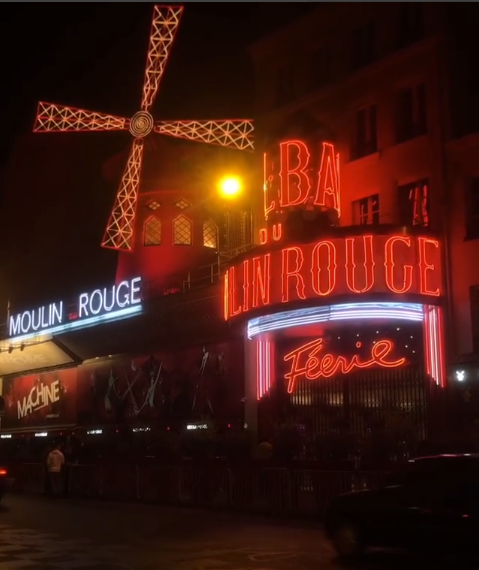
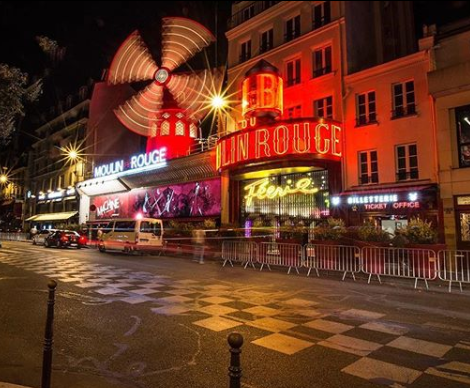
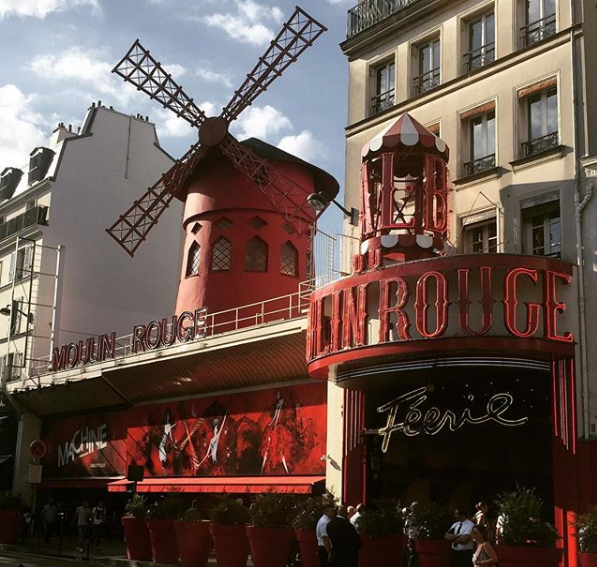
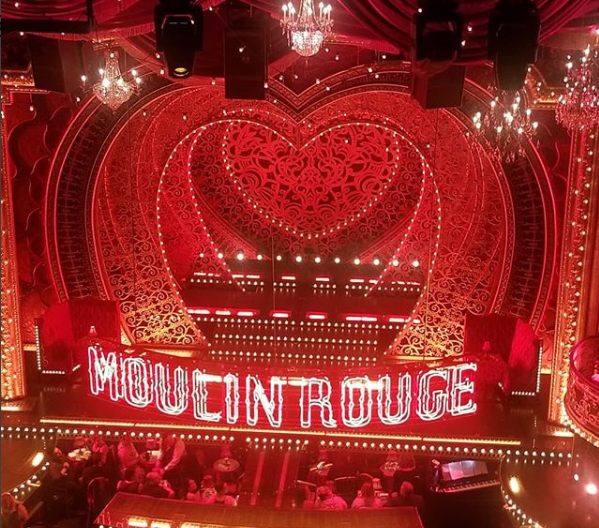
-
Musée de Montmartre
This museum is a must visit when in Montmartre due to its varied display of artworks that are symbolic of the surrounding lovely architecture. It is housed in a home-like place since many writers and artists of the past used to meet here. The museum was renovated and redesigned in 2011. It now features Suzanne Valadon’s 3-storey art studio and the picturesque Renoir Gardens. Despite the modernization, the museum has retained its home-like ambiance.
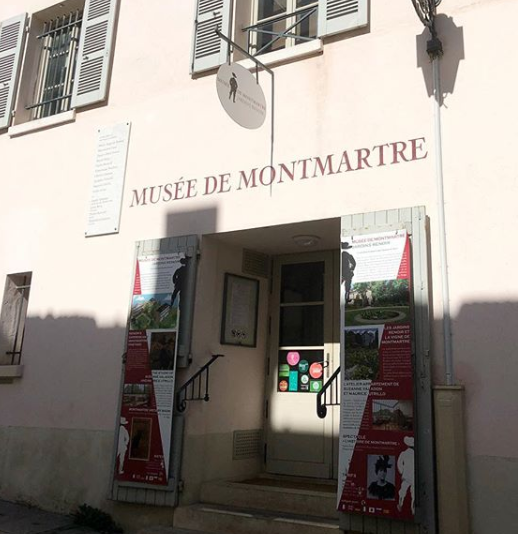
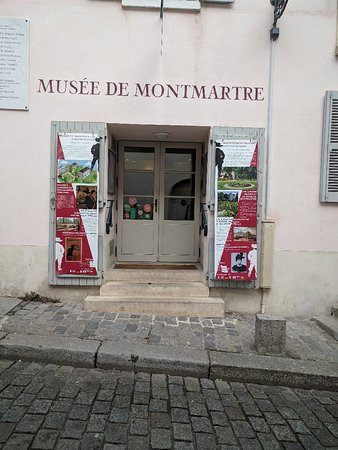
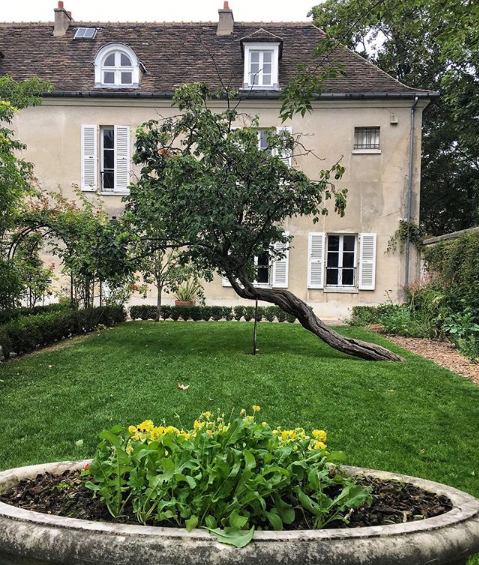
-
Rue de Steinkerque
This is a great place for shopping and getting the best deals. The street is lined with trinket and ornament peddlers as well as t-shirt shops. On Saturday mornings, many trucks come to the street and dump boxes of clothes for sale on the pavements in front of the shops. In addition to great shopping, tourists will also find cozy diners with tasty dishes.
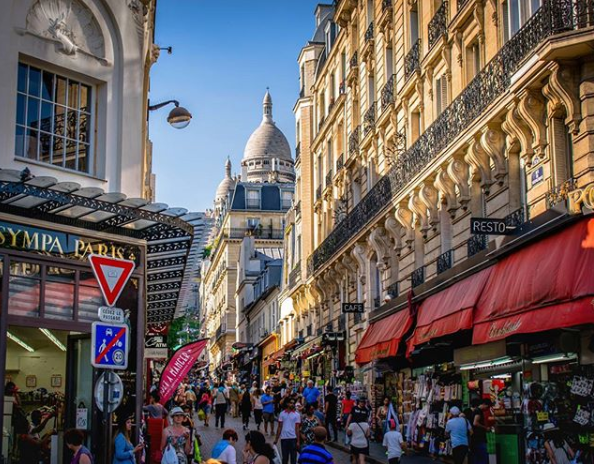
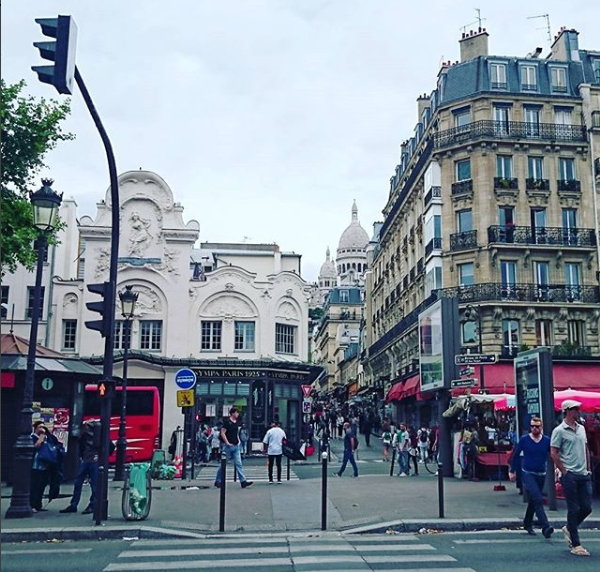
-
The Bateau-Lavoir
This wooden house used to be a piano factory before it became a meeting place for artists from around the planet. The place used to be really hot during summers and really cold during winters, but it did not turn off anybody and all felt happy to be in that charming and homely structure. It had been a melting pot for numerous creative people and Modern Art and numerous writers and artists paid homage to Bateau Lavoir through their works.
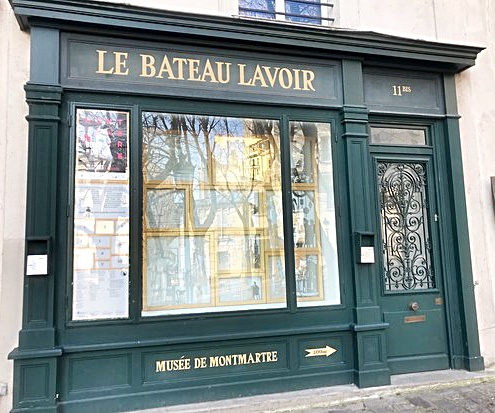
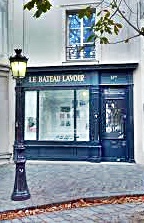
-
Musée d’Art Naïf Max Fourny
This museum is a must visit for art lovers. It features ‘art brut’ or folk art or raw art by Max Fourny on display. More than 79 sculptures and 499 paintings are on display. The museum was initially constructed to serve as a market. It now offers a platform for cultural events and serves as an exhibition arena. It is one of the best places to get a modern outlook of the Art Scene of Montmartre.
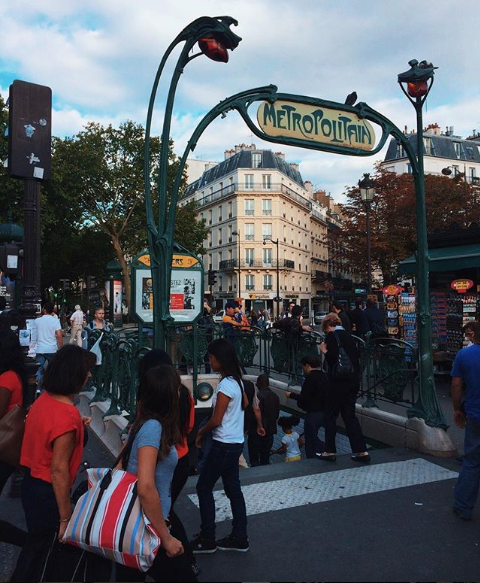
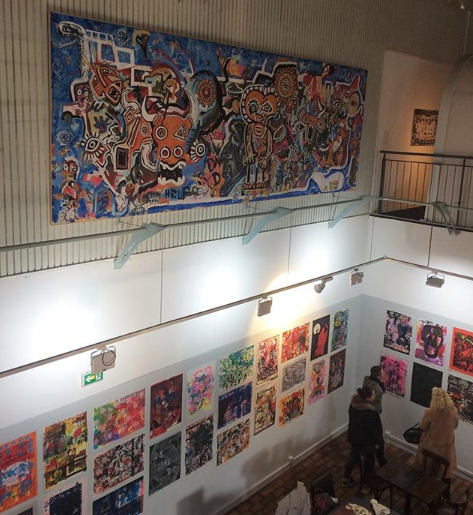
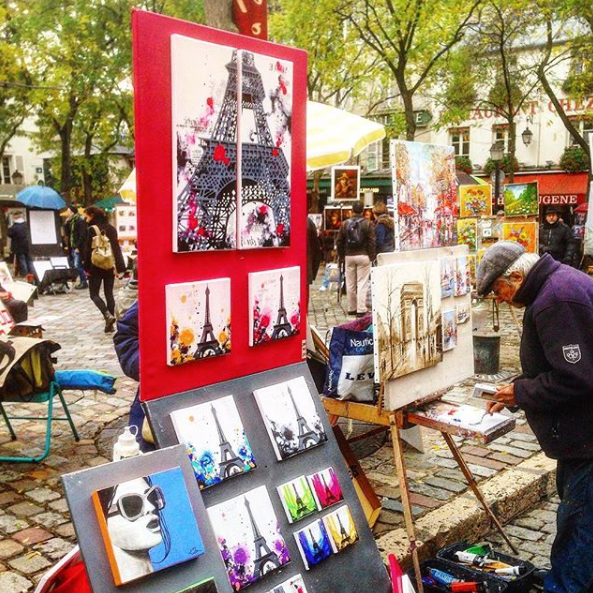
-
Musee de la vie Romantique
The artistic movement called Romanticism was omnipresent in Paris in the 1800s and it inspired numerous writers and artists from the continent. Dutch painter Ary Scheffer converted her Hôtel Scheffer-Renan home into a salon in the 1830s and it became a meeting place for many well-known artists. This house is now the Musée de la Vie Romantiqe and it showcases artworks by Frederic Chopin, George Sand, Franz Liszt, Eugène Delacroix, and others. The museum also has a garden with a greenhouse and a tea room which is open for tourists from March till October. Visitors can expect to see concerts, temporary exhibitions, book readings and activities for kids at this museum.
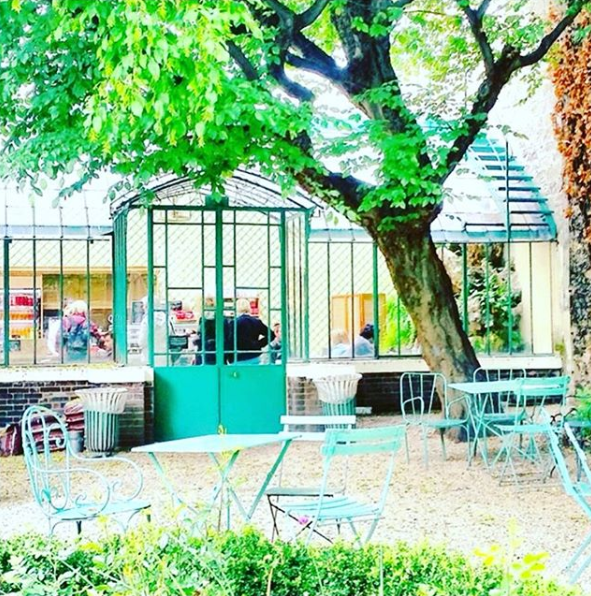
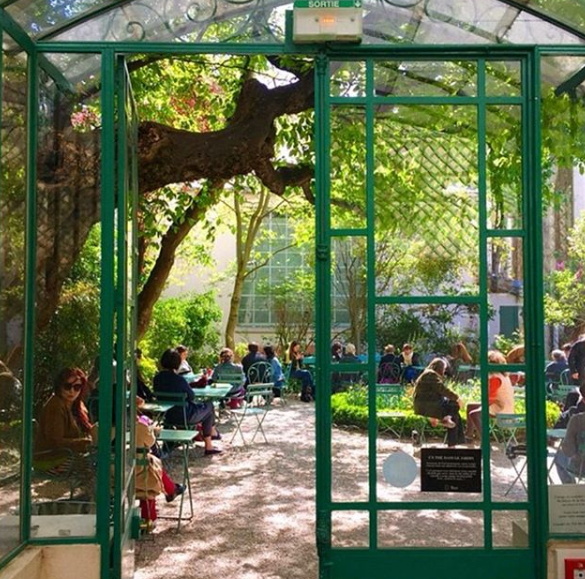
-
Place du Tertre
Situated at a beautiful cobblestone square, this vibrant and charming street is lined with numerous colorful stalls of artists. Place du Tertre can be called an open-air gallery teeming with tourists and locals. Visitors will also enjoy exploring the 18th century architecture all around, the busy cafes, restaurants, and crepe stalls.
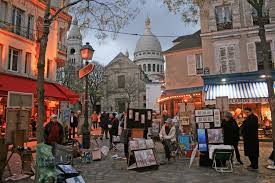
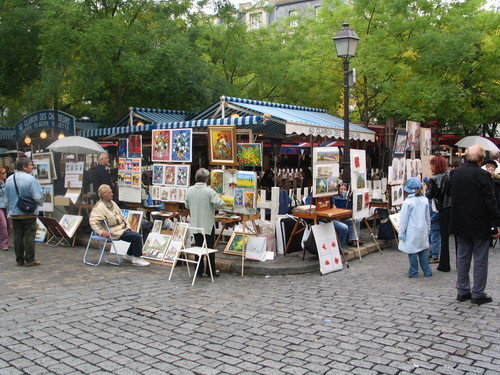
-
Le Petit Moulin
This is a really fine café located at the corner of Rue Tholozé and Rue Garreau. Guests will instantly fall in love with the flavorful homemade, organic dishes served each day.
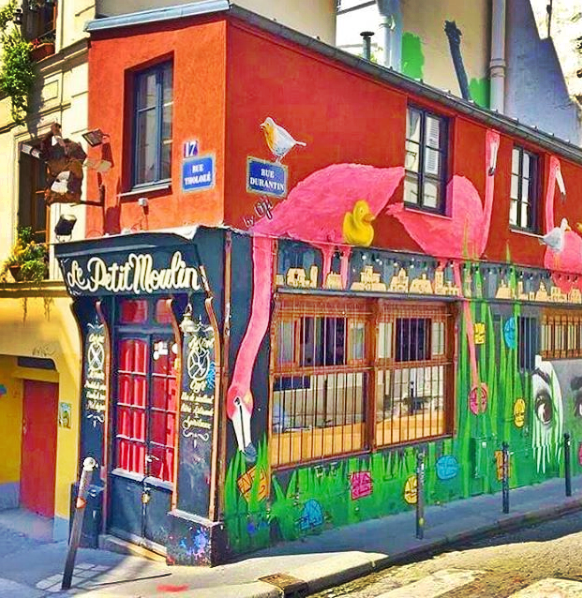
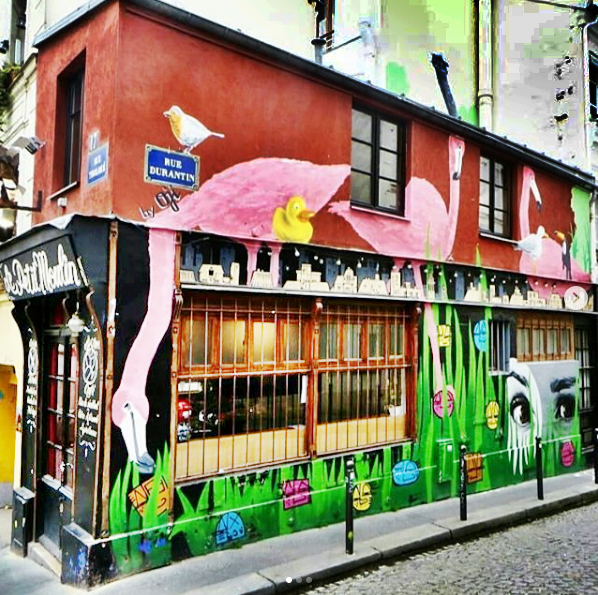
-
Cimetière de Montmartre
Horror fans will like a visit to this cemetery. Many well-known people have been buried at this cemetery. You may also visit it for the sculptures, decorated tombstones, and unique memorials.
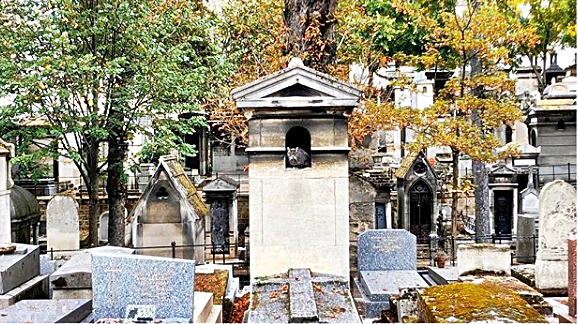
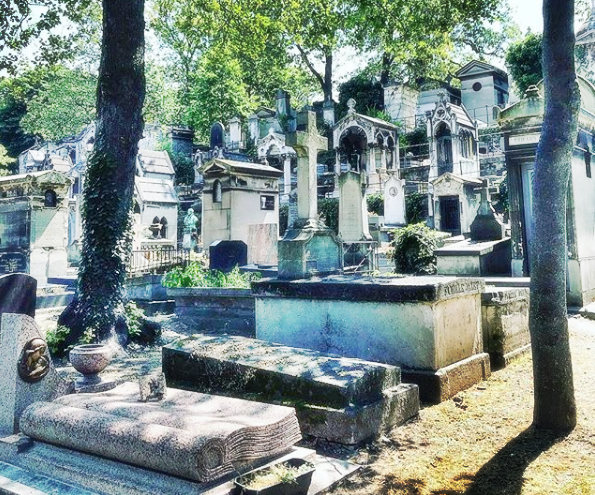
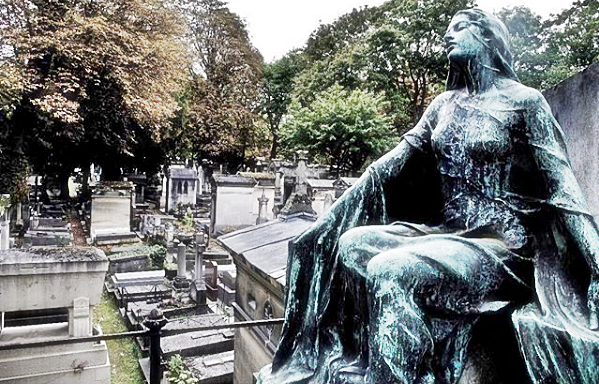
-
Musée de l’Erotisme
This erotica museum features many erotic artifacts and artworks. Couples may visit this place to spice up the romance during this visit to Montmartre.
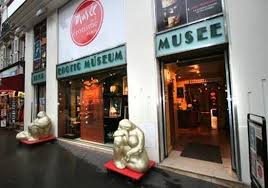
-
Other Places
Other tourist hot spots at Montmartre include Place Dalida, Rue Tholozé and Rue Lepic and its windmills, the Place Pigalle, Erik Satie’s house, the vigne de Montmartre, the funiculaire de Montmartre, The Espace Dalí, and the marché Saint-Pierre.
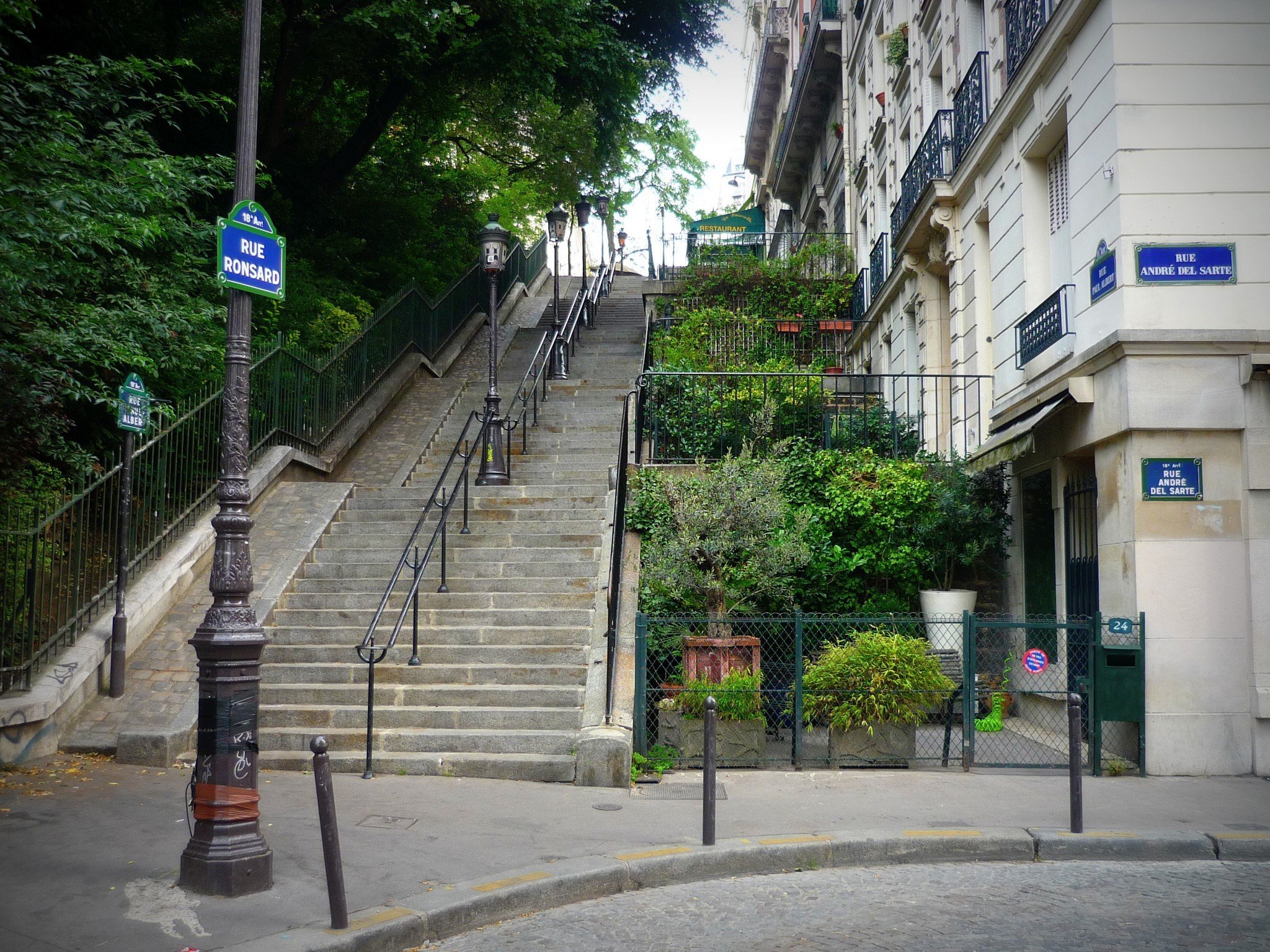
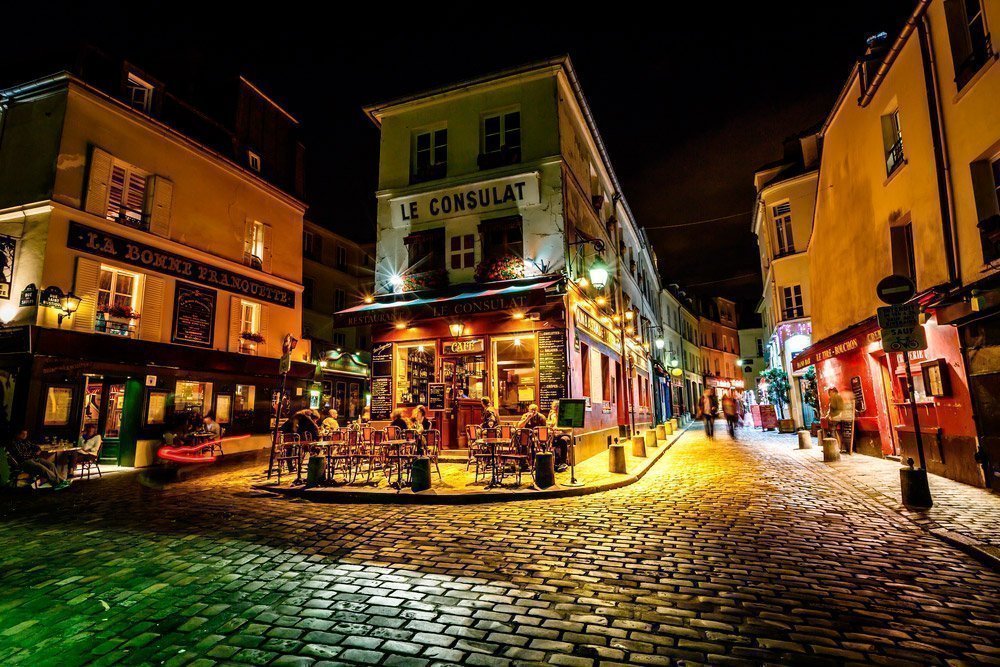
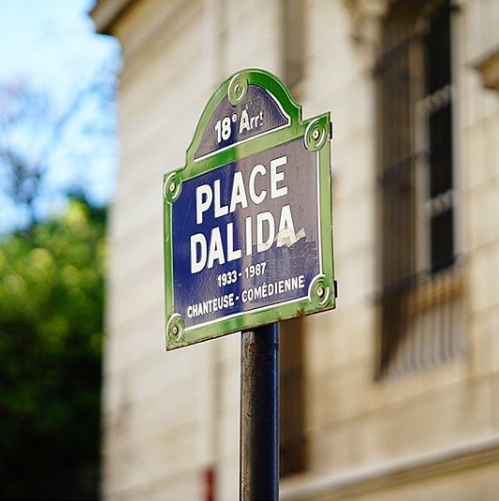
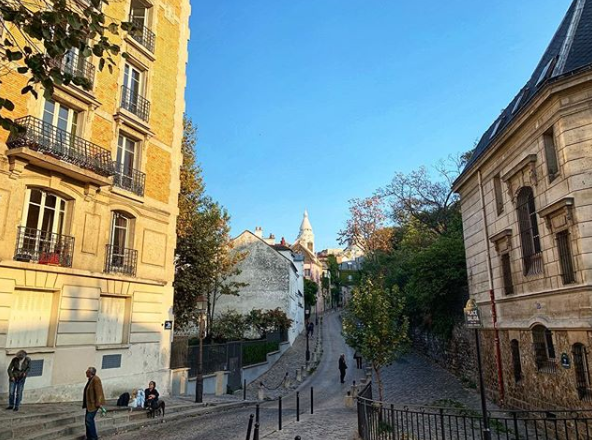
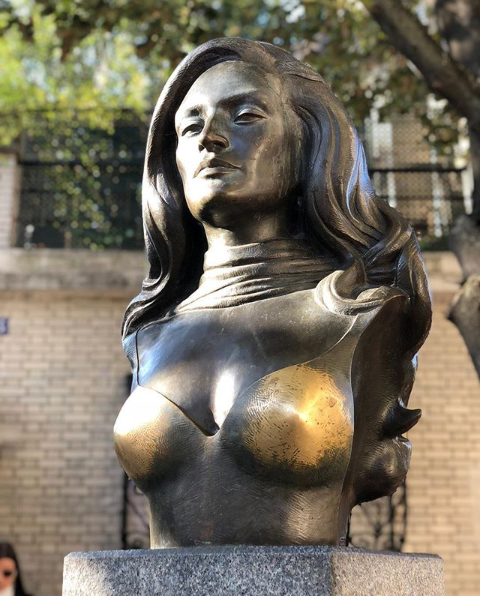
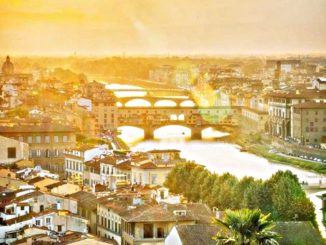
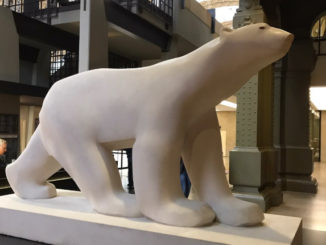
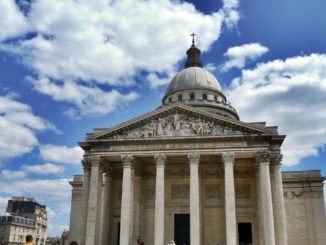
Be the first to comment